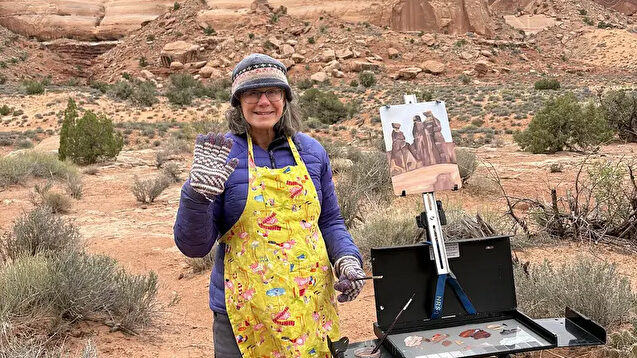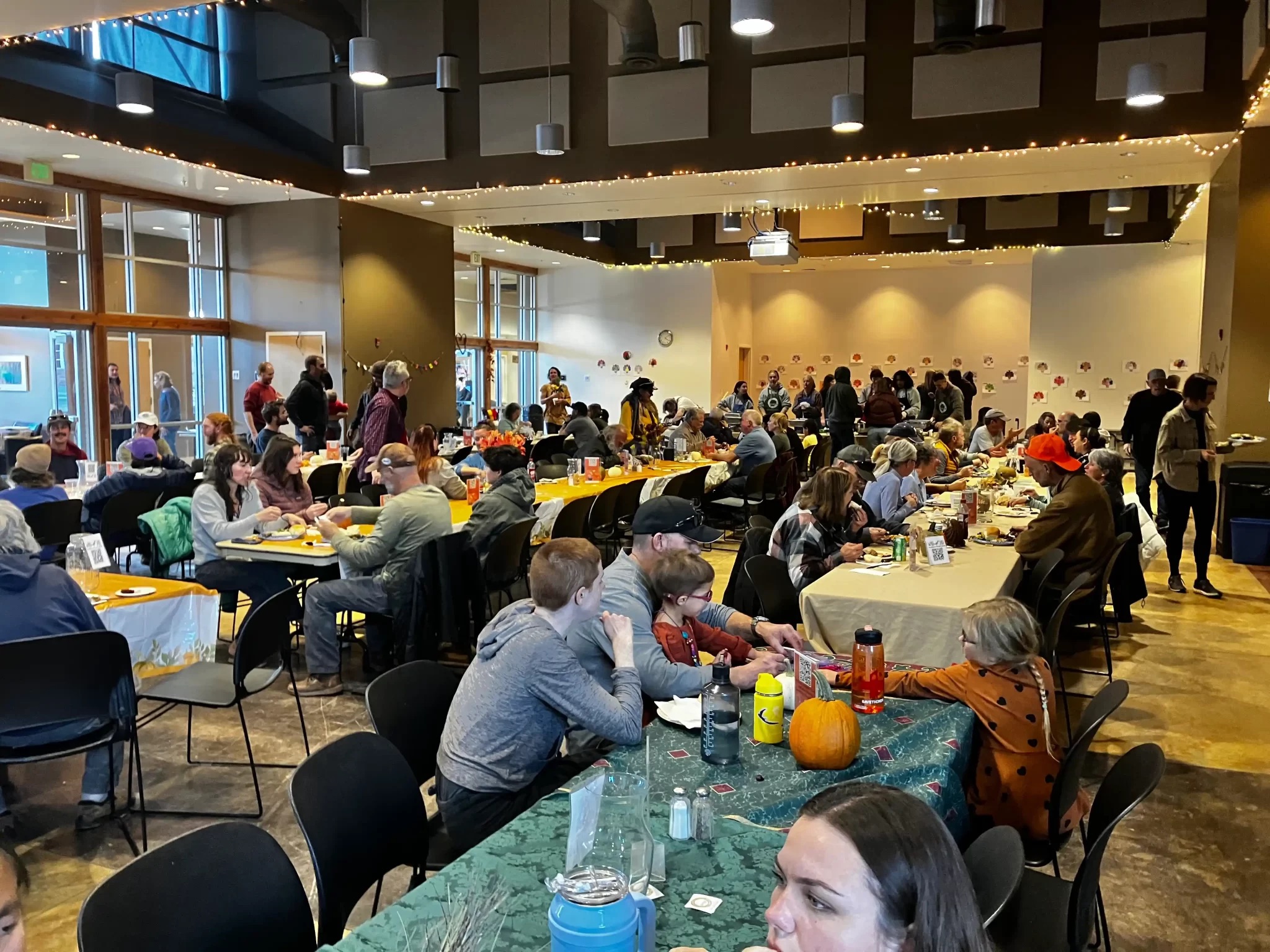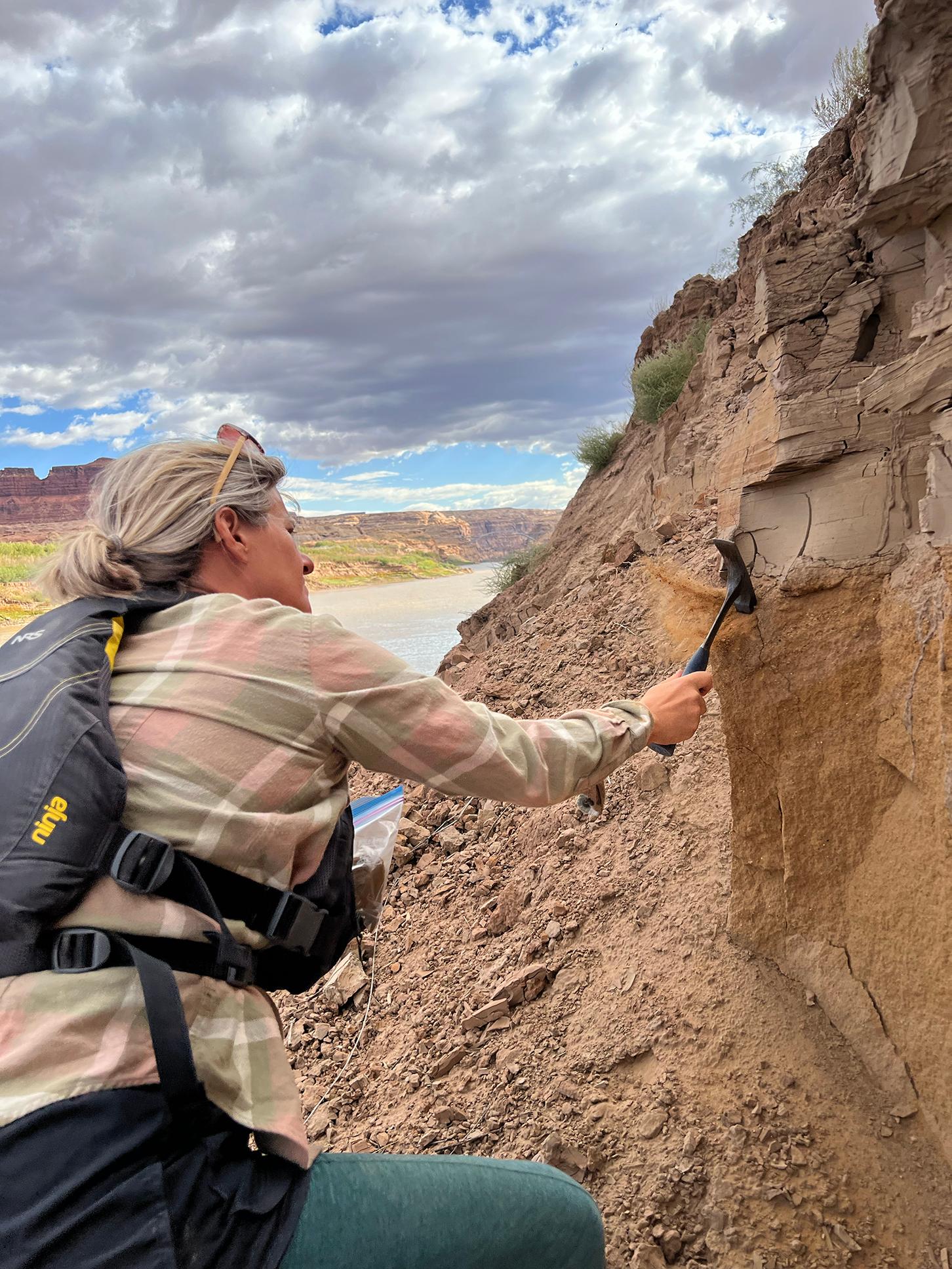Some information may be outdated.
Composer Roydon Tse spoke to us about his new work and why landscape matters to music
For over 30 years, the Moab Music Festival has been known for its unique blend of captivating music combined with breathtaking natural landscapes. This year, the festival is shining a spotlight on the Colorado River, a vital resource that flows through Moab and the surrounding region.


After a competition sponsored by the festival’s Commissioning Club and a matching grant from the National Endowment for the Arts,, two talented composers–Maya Miro Johnson and Roydon Tse–were selected to create original works inspired by the river’s beauty and significance.
These world premiere compositions will be performed during the multiday festival at the Colorado Currents concert on August 31 held at Red Cliffs Lodge. The concert will also feature works by other renowned composers, including Salt Lake City’s John Costa and Diné composer/pianist Connor Chee.
Additionally, attendees will have the opportunity to engage in a pre-concert panel discussion exploring the festival’s commissions, the importance of Colorado River stewardship, and the cultural significance of water in the Hopi Nation.
This week, we spoke to Roydon Tse about his composing process, his connection to Moab, and why classical music is linked to the beauty of landscapes.
Moab Sun News: Congratulations on your win! This year’s commissioning contest focused on music inspired by the Colorado River. Can you tell us about your piece?
Roydon Tse: Thank you! The piece was inspired by the river’s life and soul, along with the need for conservation. I was inspired by my conversations with Michael Barrett, the director of the festival, and [Living Rivers Director] John Weisheit, the riverkeeper for the Colorado River. They both provided me with valuable insights and resources that helped shape my understanding of the river and its significance.
Additionally, my personal research in Japan and Korea, where I studied traditional music, played a formative role in shaping the piece. I came across this Korean music called pansori, which is a duet between a singer and a drummer. The music is incredibly soulful and emotional, and it uses very simple rhythmic elements that keep things going for hours.
This experience, despite the approaching deadline! inspired me to rewrite the entire composition.
MSN: One of the things we enjoy about the MMF is that it is accessible for people who perhaps aren’t as connected to classical music. For those who aren’t familiar, can you tell us a little about your process?
Tse: It starts with identifying a core emotionality and an overarching idea, then narrows down to specific themes and melodies.
I find that the best music gets written when the material kind of propels itself forward. You write something and then you can see what the next few minutes are going to look like, and you build the piece like that.
This piece was similar in that I had a lot of time for research and brainstorming, and then it came time to writing. I narrowed it down to a melody, a theme, and an idea of how it was going to start, and then it just grew by itself. It’s a very organic process.
MSN: Did any particular facts or stories about the Colorado River stand out to you during your research?
Tse: While the piece isn’t driven by specific facts, the essence of the river’s history and challenges influenced the music. John Weisheit made me aware of the crisis that the river is facing, particularly the impact of dams on the ecosystem. I wouldn’t say that this piece was ‘about’ any specific fact, but the music kind of takes the essence from all the things that I read and becomes its own thing.
MSN: How does the MMF compare to other organizations and festivals that you’ve participated in?
Tse: This is one of the only festivals I think that is so connected with the geography of the land. There are festivals around the world with great players, great orchestras, and everyone doing beautiful music. They’re playing classical music, they’re commissioning new works, but I think Moab Music Festival really kind of tries to incorporate the landscape around it into their programming and into their commissioning.
It’s really the intentionality behind these choices that sticks out to me. It makes it a very unique festival because you can’t replicate it anywhere else.
Tickets for the August 31 Colorado Currents performance are $45 for adults and $5 for youth. For ticket purchase and to see other concerts–including free community performances–go online at moabmusicfest.org.
Appreciate the coverage? Help keep local news alive.
Chip in to support the Moab Sun News.





